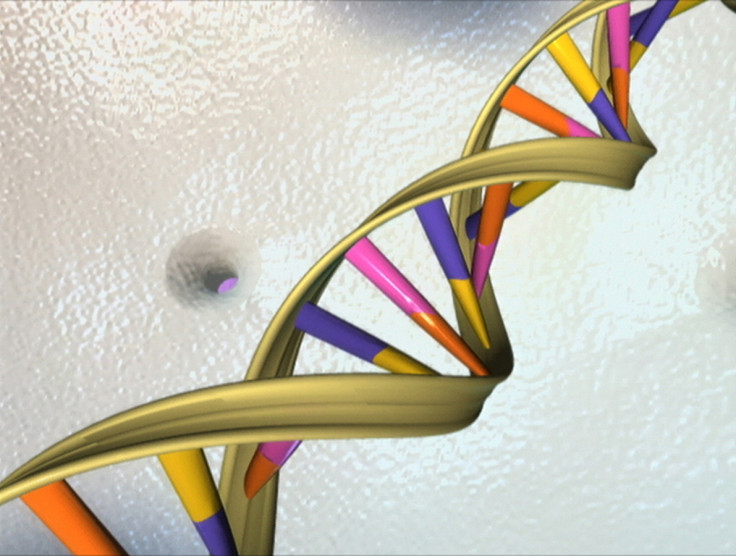Scientists store Miles Davis and Deep Purple audio recordings on DNA in a historic first
According to one researcher, the whole of the accessible internet could fit into a DNA storage device the size of a shoebox.

Scientists have successfully encoded two high quality audio recordings onto artificial DNA, the first time this feat has been achieved for the purposes of long term data storage.
The researchers from Twist Bioscience, in collaboration with Microsoft and the University of Washington, stored two song performances from the world-renowned Montreux Jazz Festival's archives – 'Tutu' by jazz legend Miles Davis and 'Smoke on the Water' by hard-rockers Deep Purple. Both recordings were decoded and read back with 100% accuracy.
"We archived two magical musical pieces on DNA of this historic collection, equating to 140MB of stored data in DNA," said Karin Strauss, a Senior Researcher at Microsoft, and one of the leaders of the project. "The amount of DNA used to store these songs is much smaller than one grain of sand. Amazingly, storing the entire six petabyte Montreux Jazz Festival's collection would result in DNA smaller than one grain of rice."
DNA storage technology is still in its very early stages and is currently both expensive and slow. However, many are hailing it as the solution to our ever-greater storage needs.
Hard drive manufacturer Seagate warns that by 2020, the gap between the world's total storage capacity and the amount of data being produced will be over six zettabytes – which is nearly double all the data that was produced globally in 2013.
Meeting this demand with traditional hard drive technology will be extremely difficult, but DNA storage shows promise, mainly because it is far more efficient and able to pack huge amounts of information into tiny spaces.
According to Luis Ceze, a professor of Computer Science at the University of Washington, the total estimated amount of data in the whole of the accessible internet could fit on to a DNA storage device the size of a shoebox. To put that into perspective, the largest data centres, which hold just a fraction of all that data, measure millions of square feet.
Furthermore, there are additional benefits. DNA storage mediums can last for thousands of years without deteriorating if kept in the right conditions, while they also allow data to be easily copied and backed up.
"DNA, nature's preferred information storage medium, is an ideal fit for digital archives because of its durability, density and eternal relevance," said Ceze. "Storing items from the Montreux Jazz Festival is a perfect way to show how fast DNA digital data storage is becoming real."
The universality of the format means that people trying to access the data in many years' time will not run into issues.
"Unlike current storage technologies, nature's media will not change and will remain readable through time," said Bill Peck, Chief Technology Officer at Twist. "There will be no new technology to replace DNA, nature has already optimized the format."
The two recordings stored on the DNA will form part of Unesco's Memory of the World Programme - an international initiative launched to preserve culturally valuable archive material - as well as the Montreux Jazz Digital Project – a partnership between the Claude Nobs Foundation and the École Polytechnique Fédérale de Lausanne (EPFL) set up to digitize the festival's audio-visual collection.
© Copyright IBTimes 2025. All rights reserved.





















